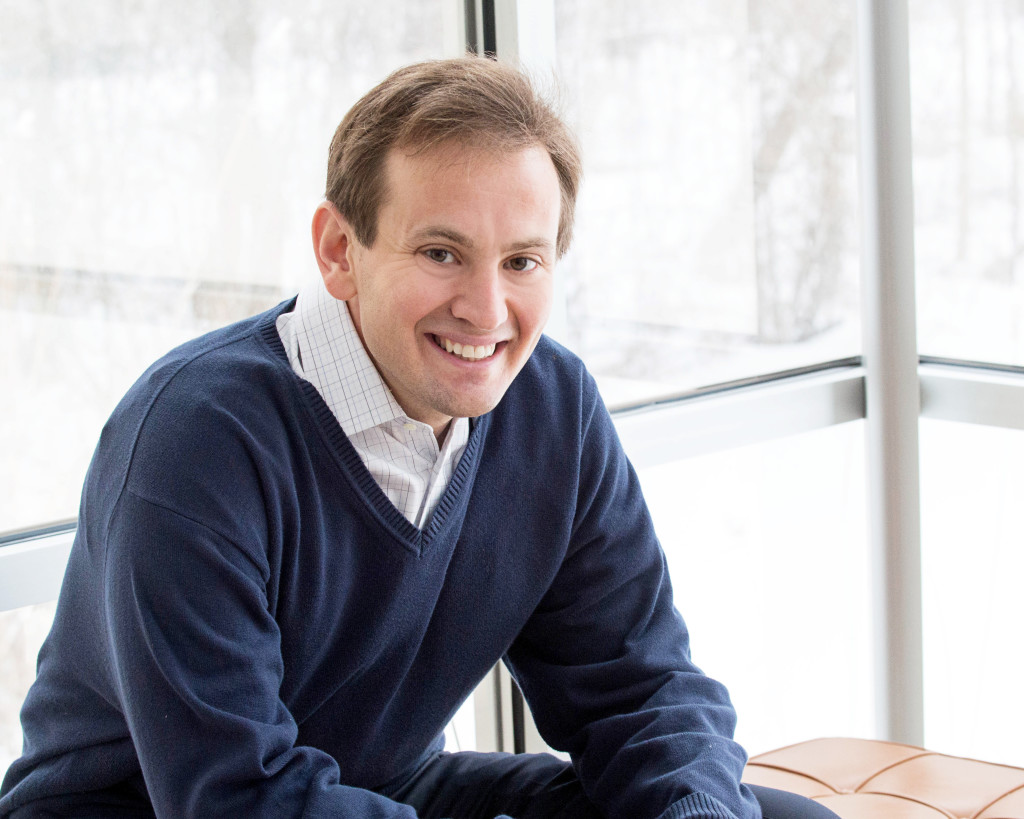“Sticks and stones,” the nursery rhyme says, “may break my bones, but words will never hurt me.” The intent of this pithy statement is probably to help children solve disputes with words rather than physical violence. Its message does, however, raise serious doubts. Words can and do hurt us. Words can trivialize, words can insult, words can stereotype. Words can, even when we do not intend them to do so, convey dangerous messages.
Words can hurt us because they contain enormous power. For the same reason, they can also inspire, uplift, and enlighten us. They can even create something out of nothing. We see this idea illustrated strikingly in the opening chapters of Torah. How does God create the universe? Through words. “God said, ‘Let there be light’—and there was light” (Genesis 1:3). This pattern of God speaking and creation coming into being continues. The sky, the waters, the earth literally come into being through God’s words. Through the uttering of these words, new things are created.
This understanding can help us probe even deeper into the text and provide a potential answer to one of our Torah portion’s most ambiguous questions. In Genesis 1:26, we read those famous words, “God now said, ‘Let us make human beings in our image, after our likeness.’ ” While these words are sublime, they are ambiguous. What does it mean to be created in the image of God? Many answers have been offered. For Maimonides, it was having the power of reason and intellect. For Saadyah Gaon, it was having dominion over the plants and animals (quoted by Abraham Ibn Ezra in Sefer HaYashar on Genesis 1:26). For R. Meir Simcha of Dvinsk, it was having free will (Meshech Chochmah, commentary on 1:26). Other commentators point to morality and spiritual immortality as signs of the divine image within us.
Perhaps we can derive another answer from a p’shat (“literal”) reading of the text itself. Human beings are created in the image of God because, like God, we create through words. Words give us a notion of past, present, and future. Words give us a way to describe and give meaning to our bodies, our surroundings, our sense of self. This concept may seem difficult, even preposterous. Like breathing, language seems to come naturally to us. It seems as if it has always been with us. We usually don’t pay attention to its presence, and we forget the time and effort it took to attain it. Yet, as a parent of a toddler, I am lucky enough to witness constantly the way words create new worlds of experience. Learning words for different colors, for example, lets my daughter see the world, literally, in a different light.
When discussing the concepts of words and language, I am referring not only to words spoken with our mouths. Language can be communicated in a variety of ways, and each of them has a creative power. We find a beautiful illustration of this phenomenon in the life of Helen Keller. Keller learned sign language from her tutor Anne Sullivan, and in her book, My Religion, she described the difference between the time before and the time after she learned it. “For nearly six years,” she writes, “I had no concept of nature or mind or death or God. I literally thought with my body. . . . Then, suddenly. . . . I awoke to language, to knowledge of love, to the usual concepts of nature, of good and evil! I was actually lifted from nothingness to human life” ([New York: Doubleday, 1927], pp. 20–21).
What does this add to our understanding of human rights? Protecting the ability to speak freely is a sacred imperative. Words lead to change. The ability to speak freely connects us with one another. It is an essential human right.
More broadly, we can understand the words we speak as a means of self-creation. The language we use—and this includes not just spoken and written words, but also sign language, facial expressions, body motions, pictures and music—helps us understand ourselves and lets us create relationships with others. Our words give us the power to describe our past, define our present, and dream of our future. To paraphrase Helen Keller and modify slightly the Book of Proverbs, “Life and death lie in the power to speak.” (Proverbs 18:21)
Rabbi Evan Moffic leads Congregation Solel in Highland Park, IL. He also writes for the Huffington Post and at www.rabbi.me.

